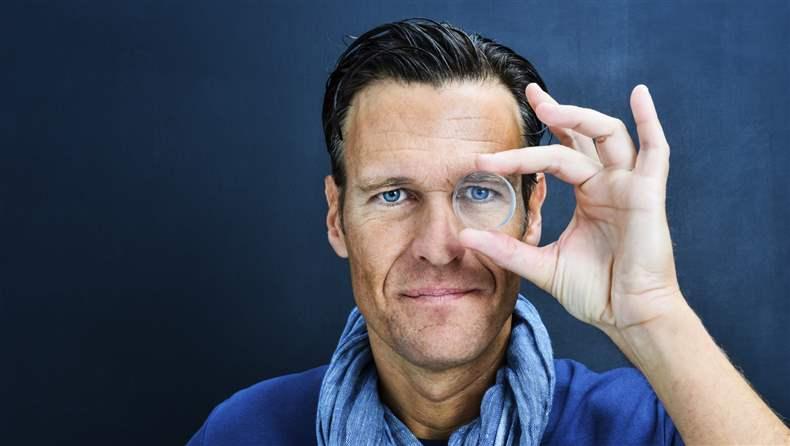To Better Manage Millennials Check Your Biases
 Photos by Getty Images
Photos by Getty Images
Everyone views others through their own lenses, and generation is one of the most powerful. For baby boomer managers supervising millennials, awareness of these biases is the first step to effective team management.
While simple, it’s not easy to suspend judgment of others. We typically judge others by our own standards. It’s as if we’re wearing red glasses and we need everything to look good in red—except, let’s face it, not everything looks good in red.
Now, imagine that you are evaluating your more junior colleagues through your own generational lens—for most managers, that means baby boomer (born between 1946 and the mid-1960s) or Generation X (born between the mid-1960s and early 1980s). In fact, it’s almost impossible not to. If you’re a boomer, you are likely judging millennials (born between the early 1980s and early 2000s) by how well they fit into the system and what you believe it looks like to be serious about one’s work.
Here’s why: Baby boomers’ views were shaped by the fact that they’ve always had to, and still expect to, compete to succeed. Post-World War II schools were overcrowded because of the baby boom, and competition existed alongside a need to fit into the system. To succeed, baby boomers had to stand out from the crowd, and that is their lens: You win by being both competitive and ambitious.
By contrast, many millennials grew up with boomer parents who were both working hard to stand out. These parents raised their children to be team members and often to get recognition simply for participating (the trophy for “just showing up”). In college, millennials’ sense of collaboration was reinforced by constant team projects and team grading.
Many millennials entered the workforce in a weak economy and had difficulty finding their first job, leading to a focus on creating a “better way” to work. Many aim to structure life to enjoy it, seek flexibility in their jobs, and define success their own way. The millennial lens is a unique combination of self-interest and teamwork.
If you judge others without taking into account your generational and other biases, you are likely getting a “false negative”—an inaccurate picture of the other person.
What can you, as a manager, do about these differing generational viewpoints? If you’re a boomer boss, how can you create a high-functioning team despite the differences between how you see workplace rules and performance and how the millennials you supervise do? Here are a few tips:
Be aware that you perceive others through your own lenses and that you judge millennials for theirs. You can raise your awareness of your own filters by considering your views of millennials in light of your generational bias. Ask yourself, “If being ‘competitive and ambitious’ or ‘fitting into the system’ weren’t important, what would my view of the millennials I work with be? Am I happy with a particular millennial’s work product and results?” Consider your other lenses and gain self-awareness by taking assessments such as the Myers-Briggs Type Indicator or DISC, and ask yourself the same questions.
Now, consider millennials’ filters. Know that they value teamwork and the flexibility to create a life that works. So, again, focusing on results, ask yourself, “Assuming that the flexibility that millennials ask for is both appropriate and the norm, does allowing a millennial the flexibility to occasionally work at home compromise her work?” And don’t mistake the friendly, informal nature of millennials’ interactions with their more senior colleagues for a lack of respect. Instead, to better leverage millennials’ focus on teamwork, ask yourself, “How can I better include this employee, making him feel more a part of the team?” This ensures that you distinguish work style from results, creating a win-win for you and your young employees.
Suspend your judgment. This can be a challenge, and it’s worth doing. If you judge others without taking into account your generational and other biases, you are likely getting a “false negative”—an inaccurate picture of the other person that may lead you to judge him or her unfairly.
Focus on engagement. Use deliberate, open-ended questions to guide millennials in doing their best thinking so that they can work more effectively.
By following this simple process, you mitigate the effects of your own generational lens (and any others you may have). The result is beneficial for everyone: You engage millennials in developing their best ideas to solve the problem you’ve delegated to them. Do this, and in the end, instead of complaining, you’ll rave about how smart, dedicated, and creative your millennials employees are.

